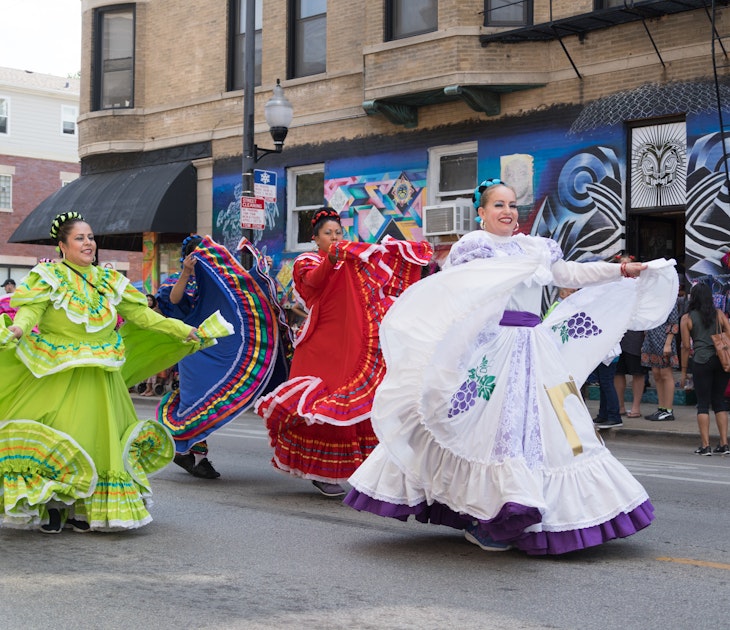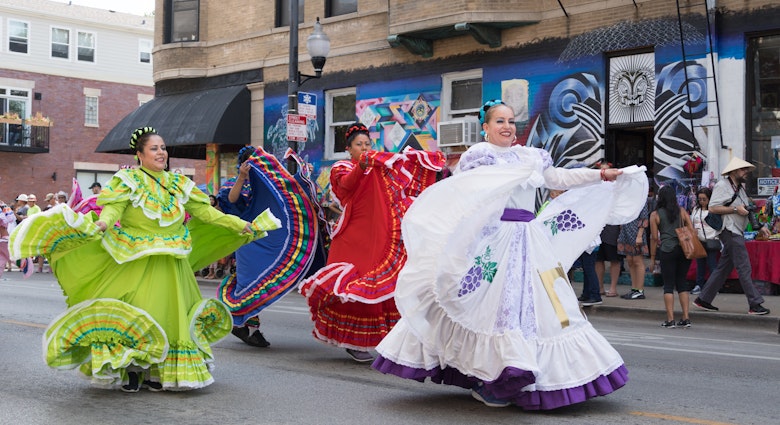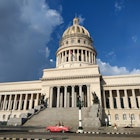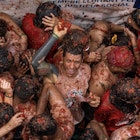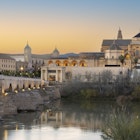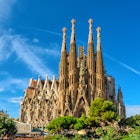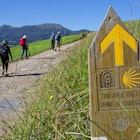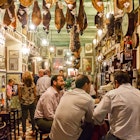The day of the Epiphany occurs on 6 January, and is said to be the day when the Three Kings or Wise Men arrived in Bethlehem to give their gifts to baby Jesus. In Spain, this day is known as Kings' Day or the Día de Los Reyes, and is celebrated just like a second Christmas, with feasting and the giving of presents.
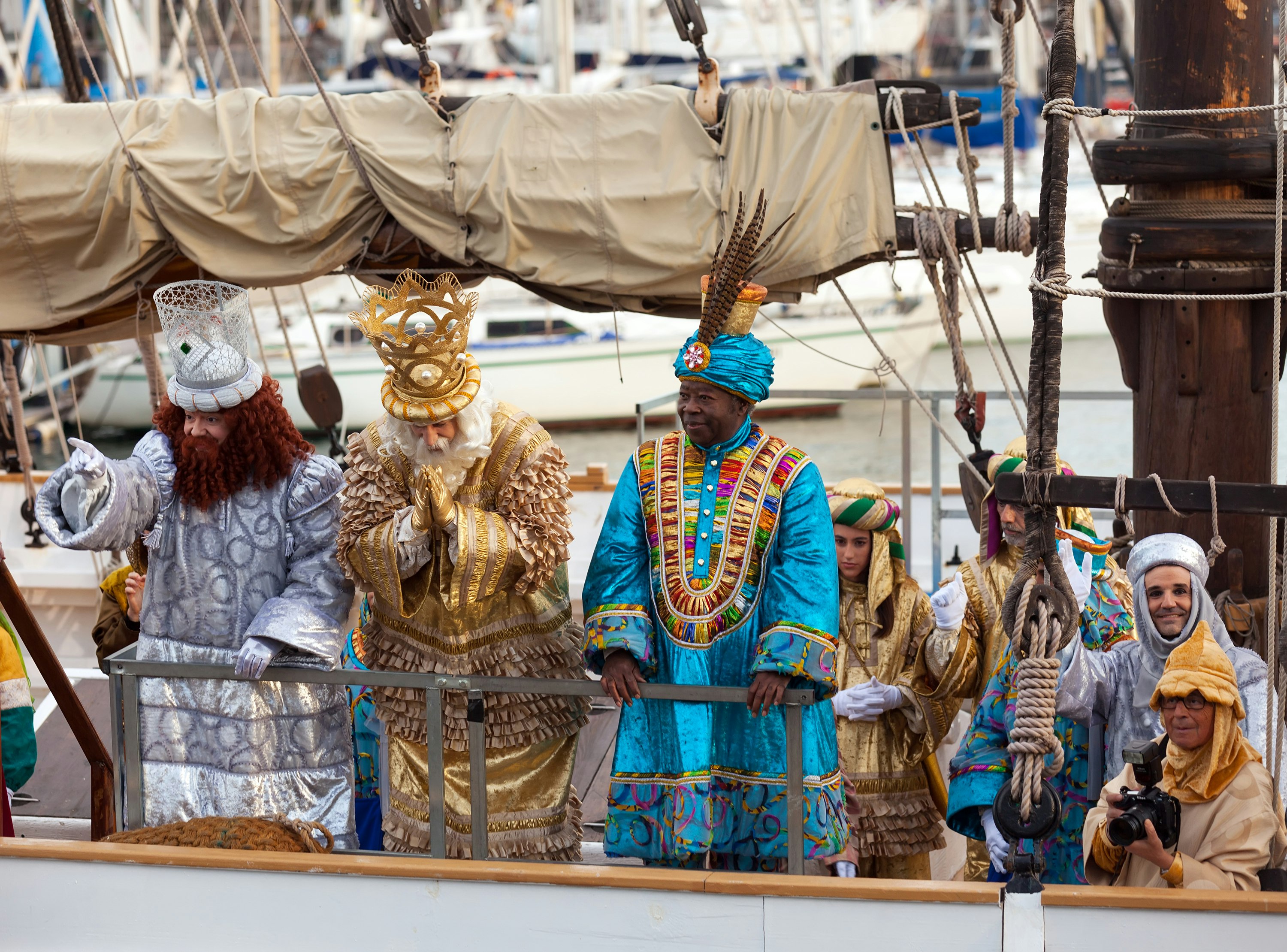
Here, the kings are not only known collectively: everyone knows their names, can recognise each one, and each child has their favourite. This is because Gaspar, Balthazar and Melchor are the ones who traditionally bring Spanish children their presents around Christmas time, not Santa Claus. In the run up to the day, kids send letters to the kings, telling them what gifts they want this year and special kings’ postboxes are set up in cities across the country. On the night of 5 January, children put out empty shoes, not stockings, to be filled with gifts from the kings. This remains a strong tradition, but with Father Christmas so ingrained in popular culture nowadays, Spanish kids may find they receive presents from the man in the red suit on 25 December too.
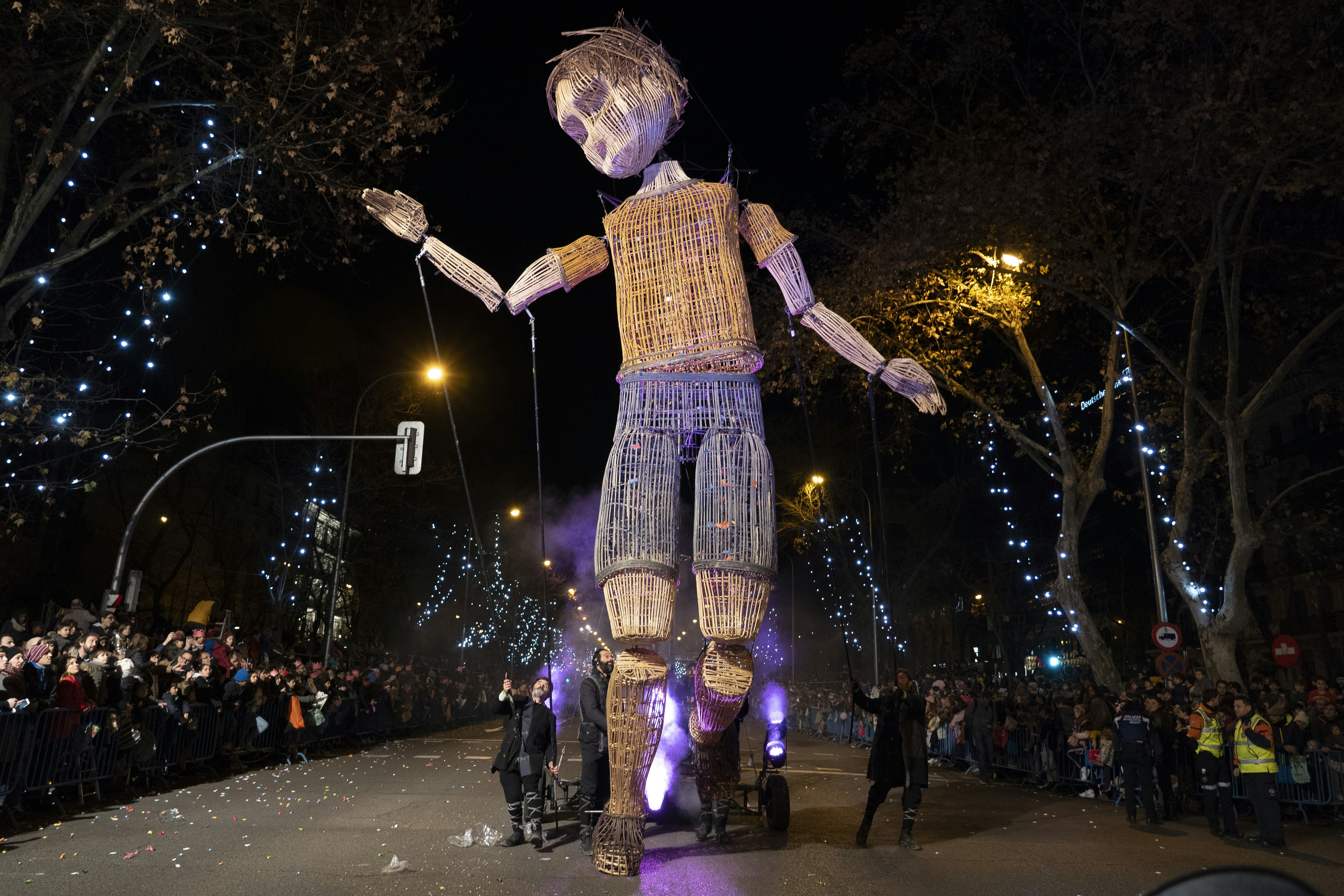
What happens on Kings’ Day?
6 January is much like Christmas Day: many shops and businesses are closed and families generally celebrate in the privacy of their own homes, feasting and exchanging gifts. For breakfast, people typically eat a special Kings’ Day cake or bread called the Roscón de Reyes. It’s a sweet bread filled with dried candy fruits, topped with more fruits and sticky sugar, and decorated with a gold paper crown. Inside will be hidden a prize and a dried bean; the one who finds the prize gets to wear the crown and be king for the day, while the person who finds the bean must buy next year’s cake.
Lunch is the main meal of the day and might consist of seafood in coastal regions or roasted lamb and suckling pig in central and northern Spain. Some restaurants may be open for Kings’ Day too, if you want to try a traditional Spanish menu.
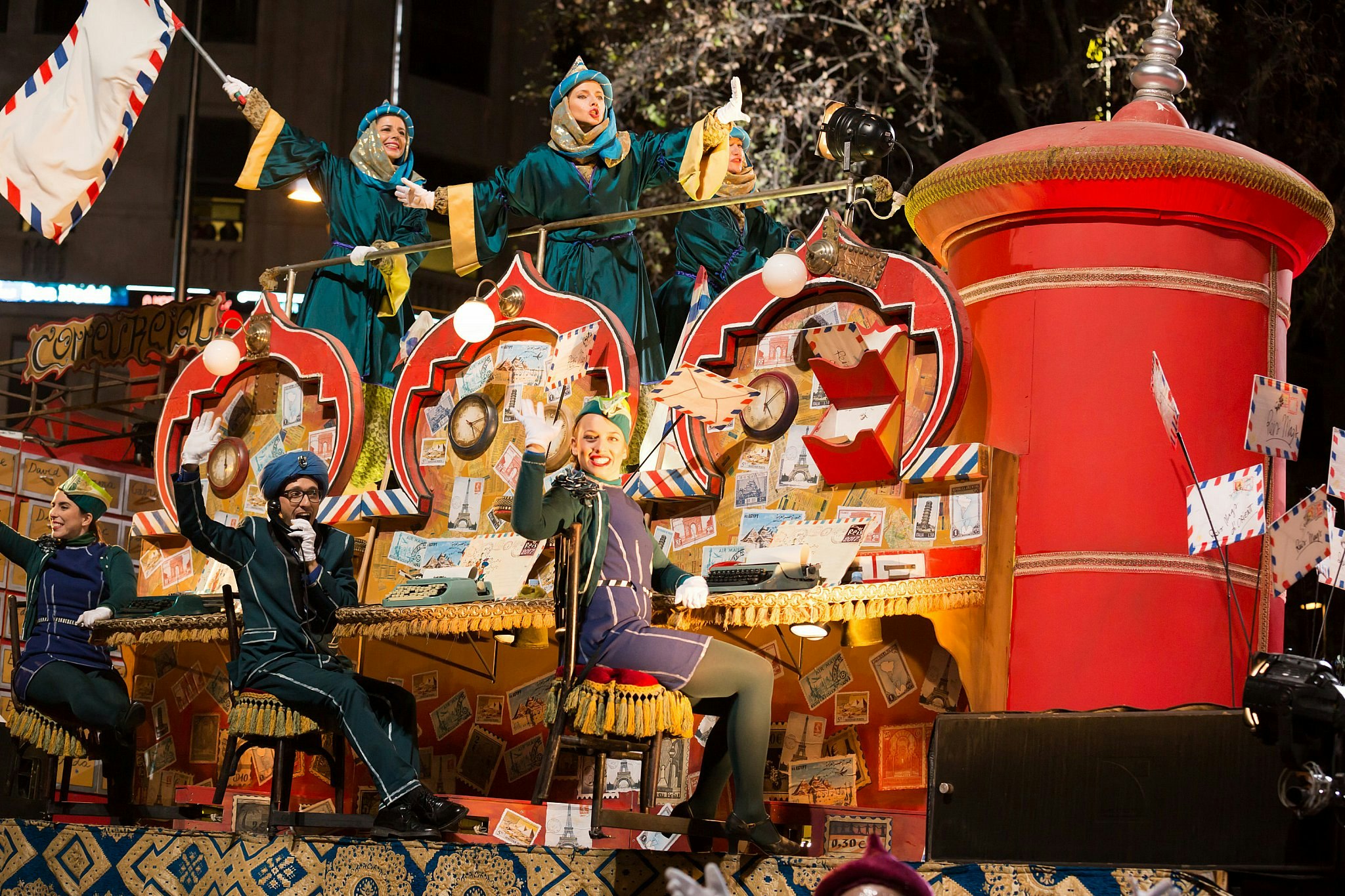
Where to celebrate Kings’ Day in Spain
The main day of interest to visitors is in fact 5 January, and not Kings’ Day itself on the 6th. This is because on the evening of the 5th, the Three Kings parade through towns and cities across the country, and their arrival is cause for much celebration.
Kings’ Day is celebrated all over Spain, but some of the best parades can be seen in the biggest cities, Madrid and Barcelona. Other particularly good parades can be seen in Malaga, Granada and Alcoy in Alicante, which in fact has the longest-running parade, dating back to 1885.
In Barcelona, the royal entourage arrives by boat at the port, and in other cities they arrive on horseback, while in San Sebastian, they arrive at the beach by surfboard, no less. The parades are typically themed around each king's homeland and the gift they brought to Jesus. Traditionally, it was said that Melchor came from Persia, Gaspar from India and Balthazar from Arabia, but nowadays, Melchor represents Europe, Gaspar Asia, and Balthazar is the African king. For example, Balthazar’s entourage often comes complete with elephants, lions and African-style drumming.
The parades are a riot of colour, sound and amazingly decorated floats and costumes. As well as each king arriving with his huge procession and gift of gold, frankincense or myrrh, there are usually giant toys, people throwing sweets into the crowds and others turning up with coal for those who have been naughty.
After the parade, families return home and children put their shoes out ready for the Three Kings to come and fill them during the night.
You might also like these
A local's guide to Christmas and New Year in Barcelona
Madrid’s 10 best restaurants: a food blogger's favourites
Why Poblenou is Barcelona's coolest neighbourhood

